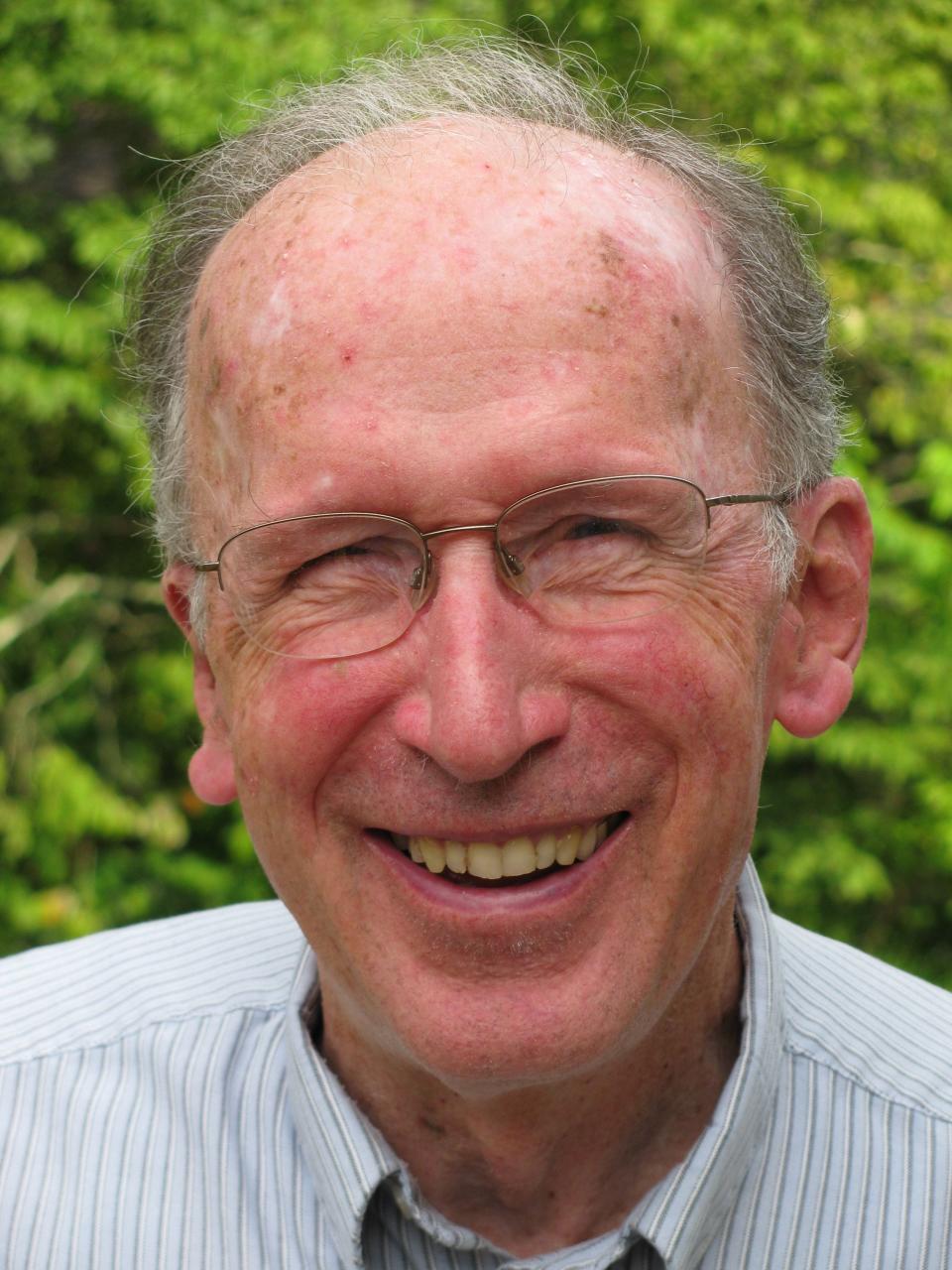Opinion: Some governments kill democracy by controlling press, producing propaganda
Our nation has always been a land of many immigrants, including when the first settlers came to a land already populated by Native Americans. We still today witness many people wanting to move to the United States. On the one hand, Americans can take pride that our democracy is seen by so many people as a desirable system under which to live. On the other hand, it is sad that so many people want to leave the land of their birth because the conditions of life there are unstable politically or downright dangerous. Normally, people would rather stay in their homeland, but fear of harm to themselves and their families is driving many to seek a safe place to live and work in America.
Why do so many nations in our world today seem often to be governed poorly, subject to corruption, or caught in unstable conditions that foster danger and violence? These conditions encourage the inhabitants to seek to migrate to the United States. Our country is certainly not perfect, but through the struggle and work of many, over the 235 years since its founding as a constitutional republic, it has become a nation with a high level of prosperity compared to many other nations. But this begs the question, how was America able to establish a well-functioning and constantly improving democracy, while many other nations in the world have not been able to establish a free and stable democracy?
This is not a question of American leaders and people being more intelligent than those in other nations. We begin to understand the difference by looking at each nation’s history. Most initial American settlers came out of a society where the people had experience in organizing themselves. This was because the English Revolution and the rise of parliamentary power in the 17th century had released the people to get experience in self-government rather than having to live under top-down government. Participation in numerous groups and associations became common experiences. These were often in churches, such as Puritan-Congregationalist, Baptist and Presbyterian. Many went on to settle in America. When the French scholar Alexis de Tocqueville visited the United States in 1831, he observed the American tendency to form associations and reported this in his book, "Democracy in America." Many members of churches gained experience in electing their leaders, but in addition, there were many other types of associations organized for special purposes such as politics, education, exploration, business, etc.
As a more current example, I and many of my friends gained experience in elections and moderating meetings in fraternities, churches and various other groups. We and most groups used parliamentary procedure from the 19th century’s “Robert’s Rules of Order.” When I went to Taiwan, I saw Taiwanese and their indigenous people learning to moderate meetings and carry out elections in churches based on certain rules of order the churches had adopted. This surely aided Taiwan in becoming a strong democracy.
My purpose in this brief review of history and current experience is to stress that democracy is not a natural development, but is a type of organizing that is learned. The more experience people have in democratic-type organizations, the better for the whole society. Democratic organization and activity should be part of the education in schools and in ordinary experience. We are living in the presidential election year of 2024, which offers many opportunities to observe and discuss democratic practices. One of the essential elements of democratic government is free speech and free press. Governments sometimes kill democratic movements by controlling the press and producing propaganda with falsehoods. It has not been easy in American society, but so far, free speech and the free press have produced an enormous amount of information for Americans to digest. Competing sources of information are important so that people can hear all sides of issues. Democracies require a certain sophistication in the population that gives them the ability to think critically. In other words, a democratic population must seek to distinguish lies and exaggerated statements from statements that give a more accurate picture of reality.
American democracy, like all human endeavors, is not perfect, but the long experience that included many difficult struggles has increased the ability of Americans to make choices that will strengthen and preserve American democracy. American democracy faces a challenge with every election. It is up to the citizens to protect their democracy, especially this year when we have heard many falsehoods.
More: Opinion: America's tradition of peaceful presidential transfer challenged in 2021
More: Opinion: Sign of unhealthy society is extreme wealth disparity; US fits this bill

This article originally appeared on Asheville Citizen Times: Opinion: American democracy faces a challenge with every election

